POST-WORKOUT FUEL: WHY YOUR PROTEIN BAR ISN’T CUTTING IT
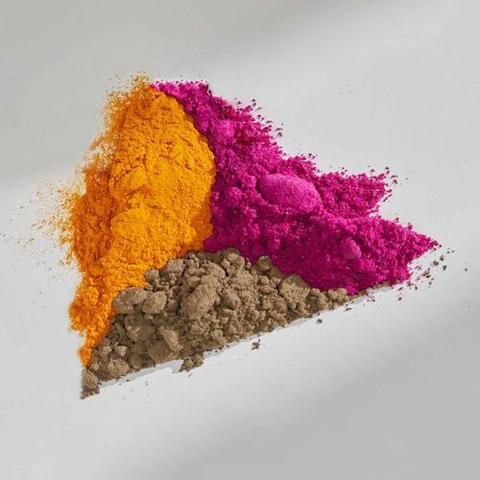

You just completed a workout. Sweat is pouring down your face, your breath is rapid, your muscles are shaking. You put in the work and left every inch of your energy on that gym floor. This part is a no-brainer for you; you’ve already thought through every aspect of your workout, from weight to pace to reps — but when it comes to your post-workout snack, you simply stick to what you know. You pound an artificially-sweetened protein bar into your mouth with one hand as you drive with the other. You rush your post-workout nutrition like it’s an afterthought, trying to replenish your body with an incomplete snack. Your muscles are left hungry for more.
If you put your all into your workout, why aren’t you eating a post-workout snack that puts in the work, too?
THE CASE FOR CARBS
After a tough workout, it’s crucial to refuel your body. While protein is often considered the key macronutrient to consume post-workout, it cannot do its work alone. This is because the body directly depends on glycogen stores for energy. Glycogen stores are made up of the glucose (aka converted carbs) in the food you eat. During a workout, these stores are depleted as the body uses glycogen for fuel. Once the glycogen in the muscles is depleted, performance immediately suffers. Athletes often report this phenomenon as “hitting the wall,” or feeling a complete energy crash. And wIthout enough carbs after a workout, glycogen stores will drop significantly, which could roll over into subsequent performance.
Carbohydrates also may aid in muscle protein synthesis. Post-workout, your body continues to release cortisol, the stress hormone that breaks down muscle tissue. Muscle breakdown is a good thing — it’s what allows your muscles to regrow later on. But breakdown alone isn’t what leads to gains. While this topic is still being researched, it has been shown that by spiking your blood sugar with carbs after a workout, you may speed up the muscle protein synthesis process. This is due to increased insulin secretion, which aids in the movement of proteins and carbs into your muscles, possibly maximizing muscle growth. Thus, it is often recommended to eat carbs with protein in a 2:1 ratio after a workout to help your body effectively utilize the protein.
Not only are carbs helpful for post-workout body recovery, but they’re also key in mental sharpness. If your body’s glycogen stores stay depleted for a long time (if you rely on a low-carb diet or workout without proper refuel), you may experience symptoms like fatigue and brain fog. While it’s possible for an athlete to function on a lower carbohydrate diet, coaches often report that athletes who follow these diets fatigue early and make more cognitive mistakes.
THE PROBLEM WITH SUGAR ALCOHOLS + ARTIFICIAL SWEETENERS
Clearly, carbs are a key macro to factor into proper workout recovery. But does it matter where these carbs come from? Short answer: yes. Your favorite post-workout supplement likely boasts erythritol or stevia on the label. These low-to-no-calorie sweeteners seem great on the surface, but may be hiding some workout-inhibiting secrets. Artificial sweeteners, like stevia and aspartame, actually decrease blood glucose levels even further. Because low glucose levels post-workout lead to performance declines and impair muscle growth, these sweeteners may be directly inhibiting proper recovery.
Similarly, sugar alcohols aren’t as efficiently absorbed or digested as natural sugar. Because they aren’t metabolized the same way as other sugars, sugar alcohols don’t contribute to an insulin spike that is key for quick muscle protein synthesis. Sugar alcohols are also less “digestible” than other sugars — which often lead to issues like bloating and stomach pain.
With so much varying information in the world of diets and nutrition, it can be difficult to know how to best thank your body after a hard workout. Our tip? Look for ingredients that you can pronounce. Look for a carb source that you recognize, like fruit. And the next time you find yourself reaching for that popular low-carb, high-protein, artificially-sweetened post-workout supplement? Ask yourself if you’re giving your body what it really needs — or if you’re treating it like an afterthought.










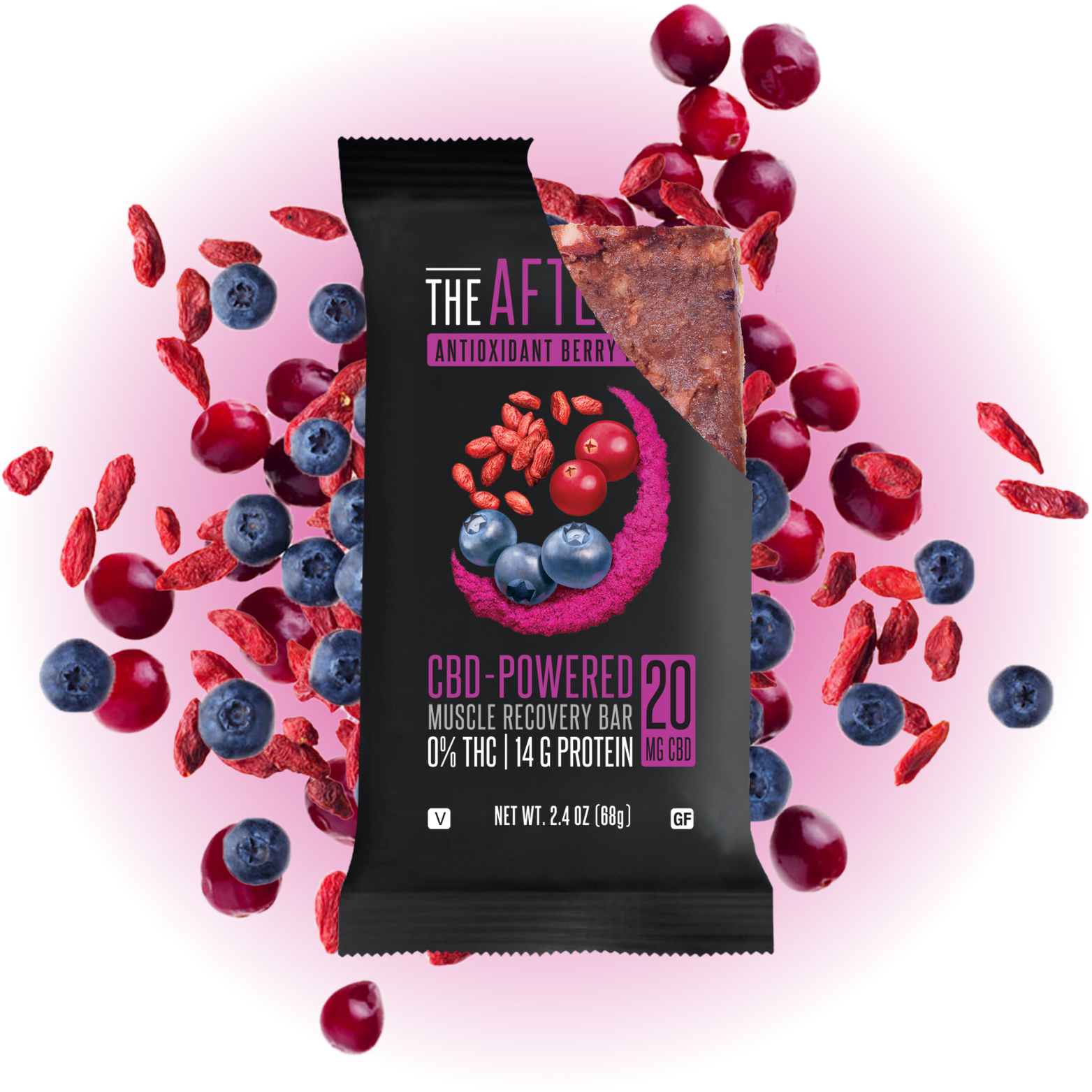
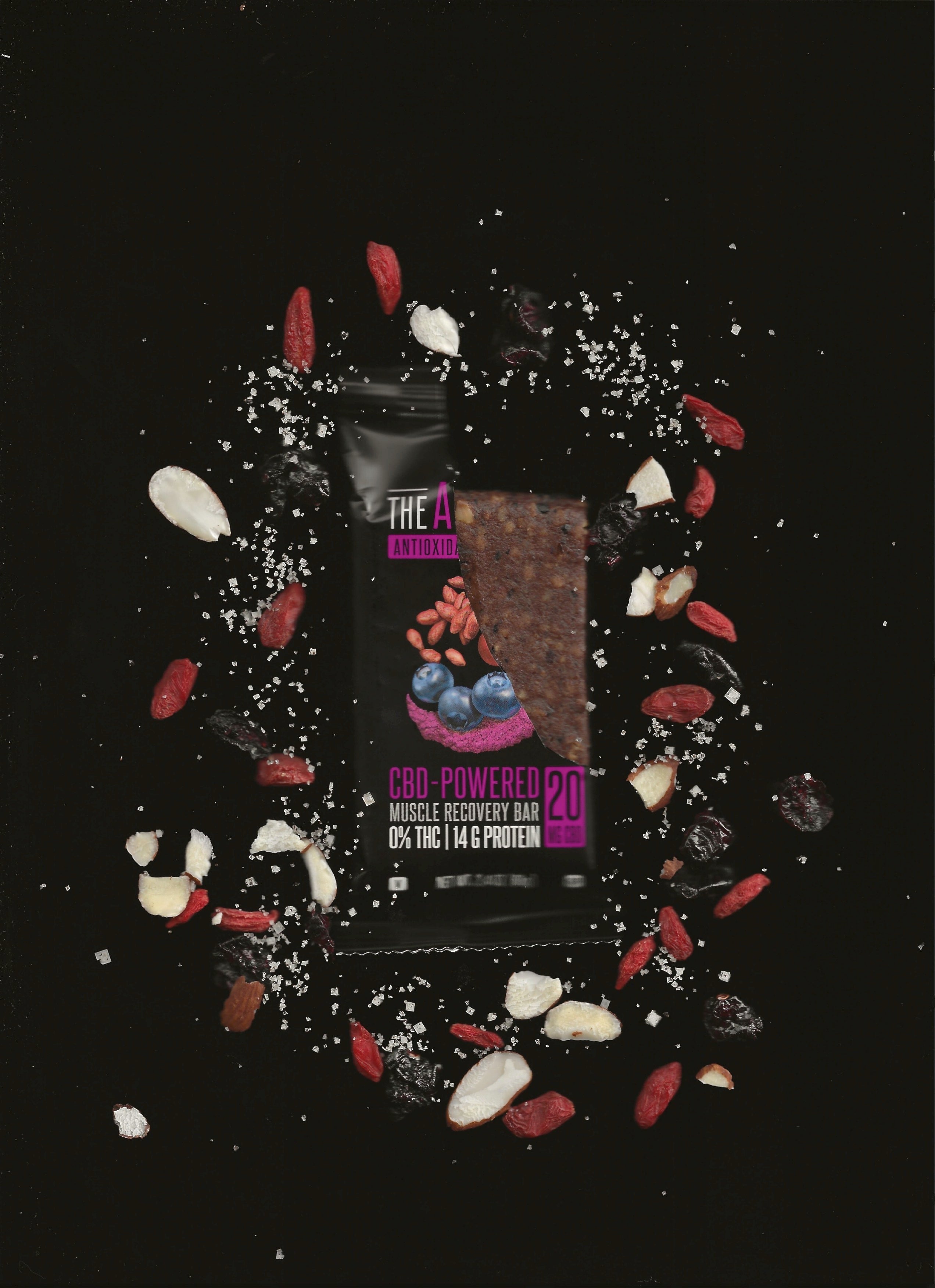
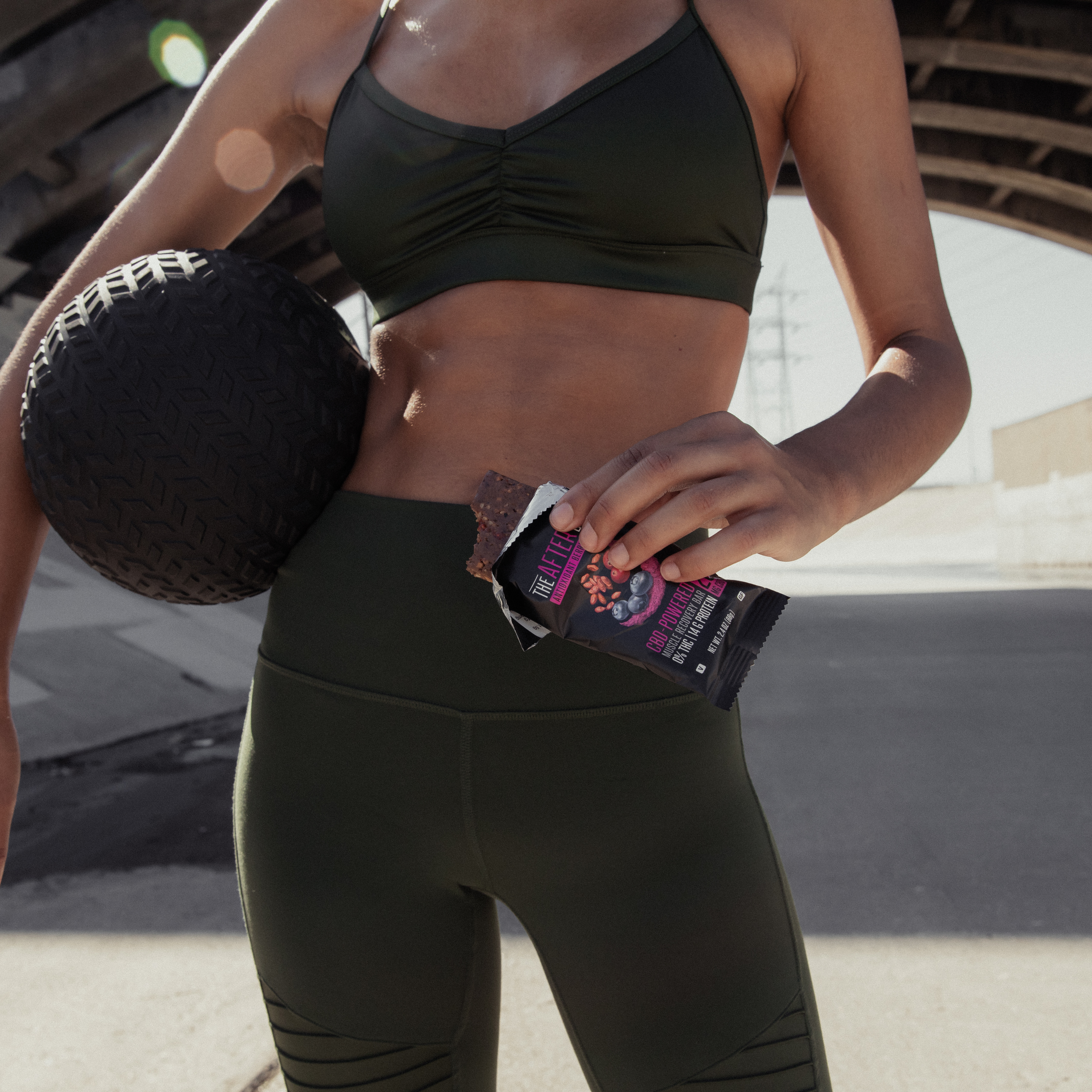
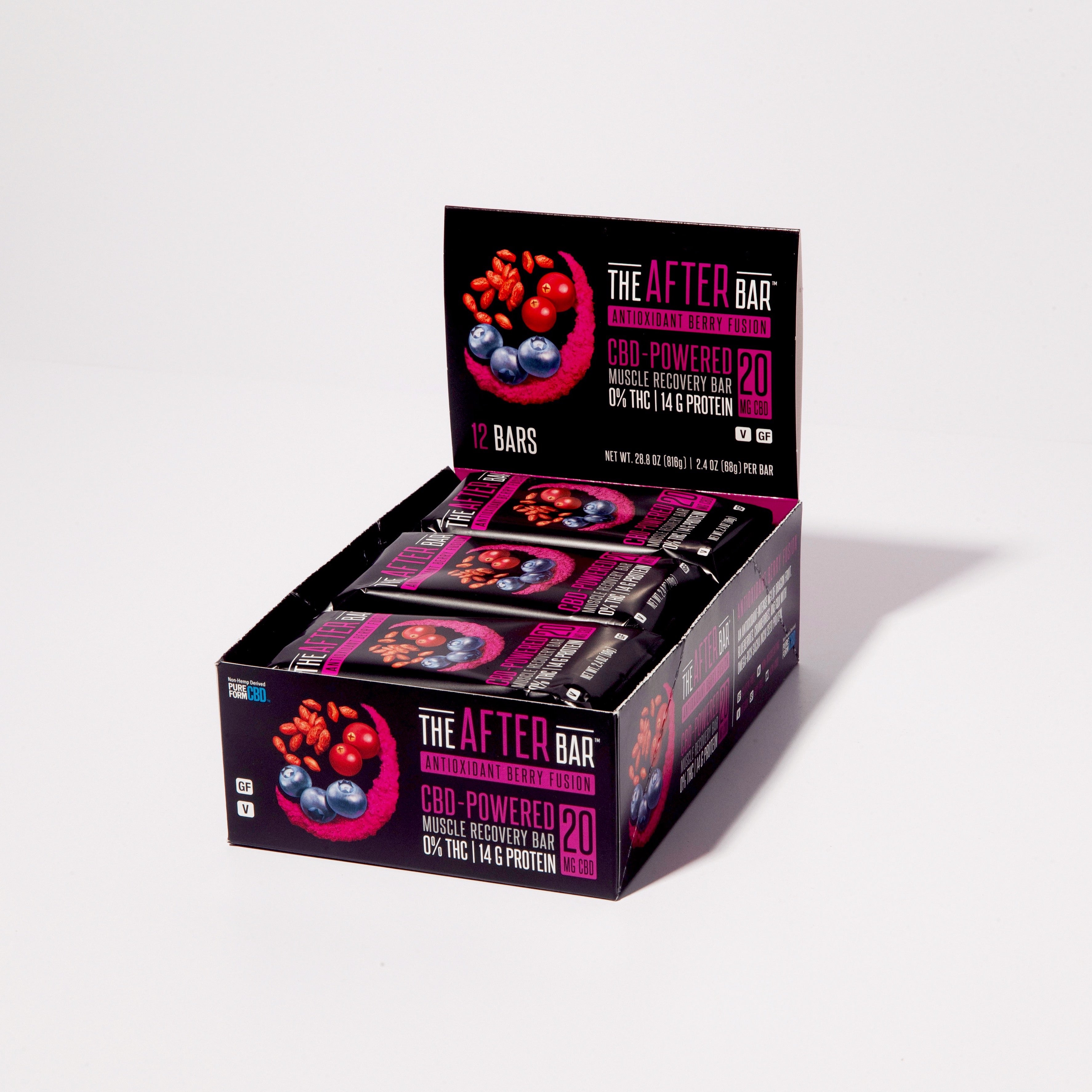
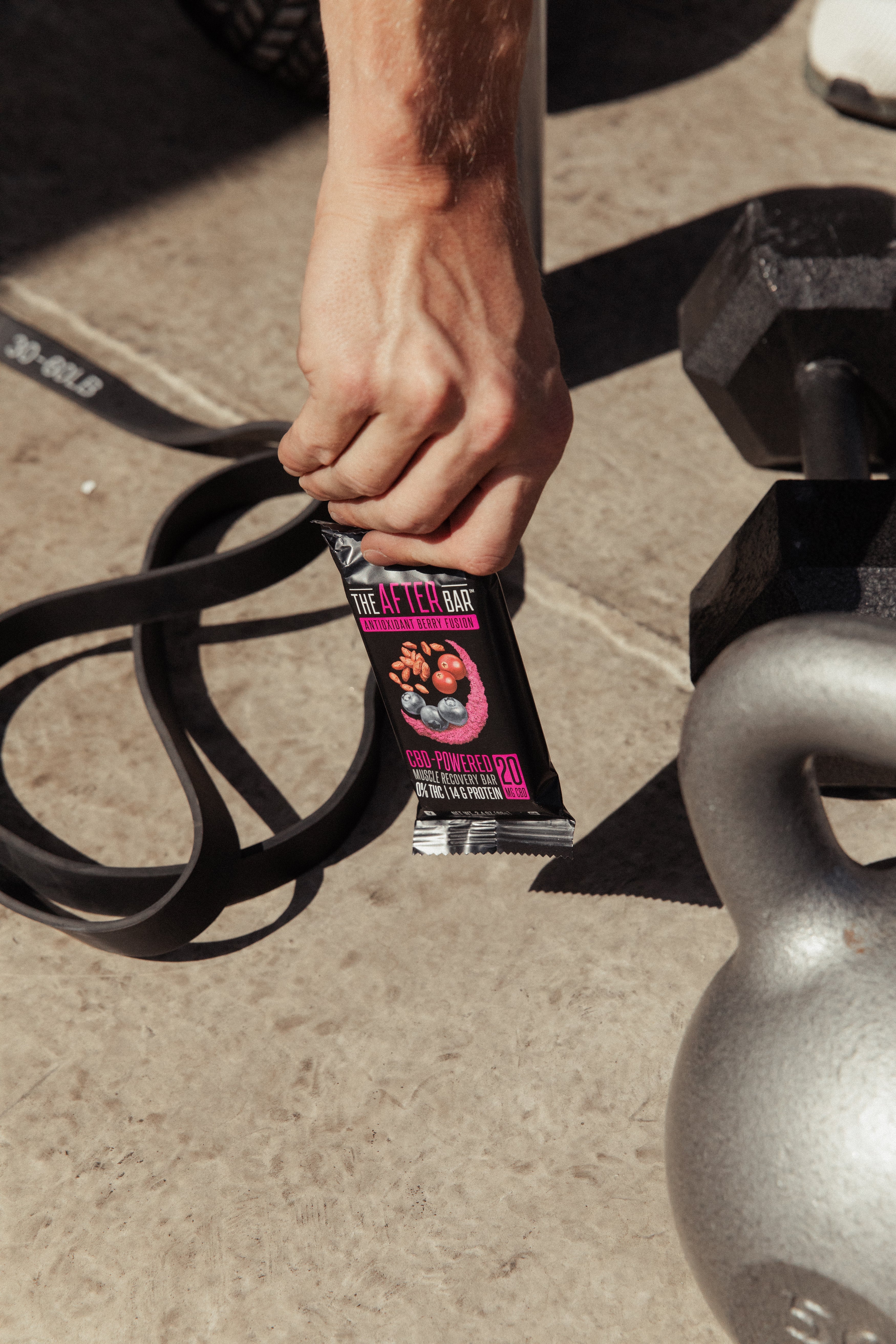
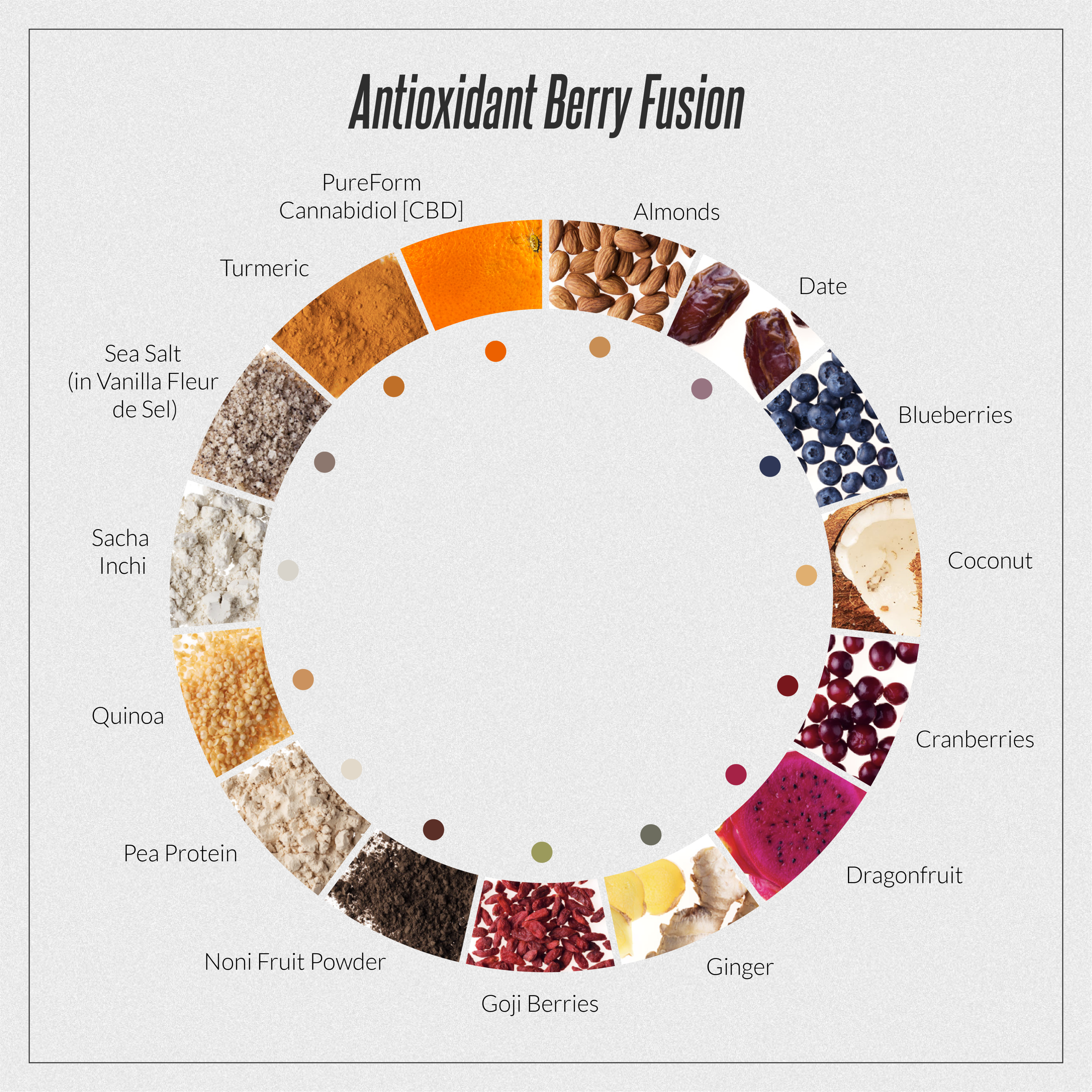
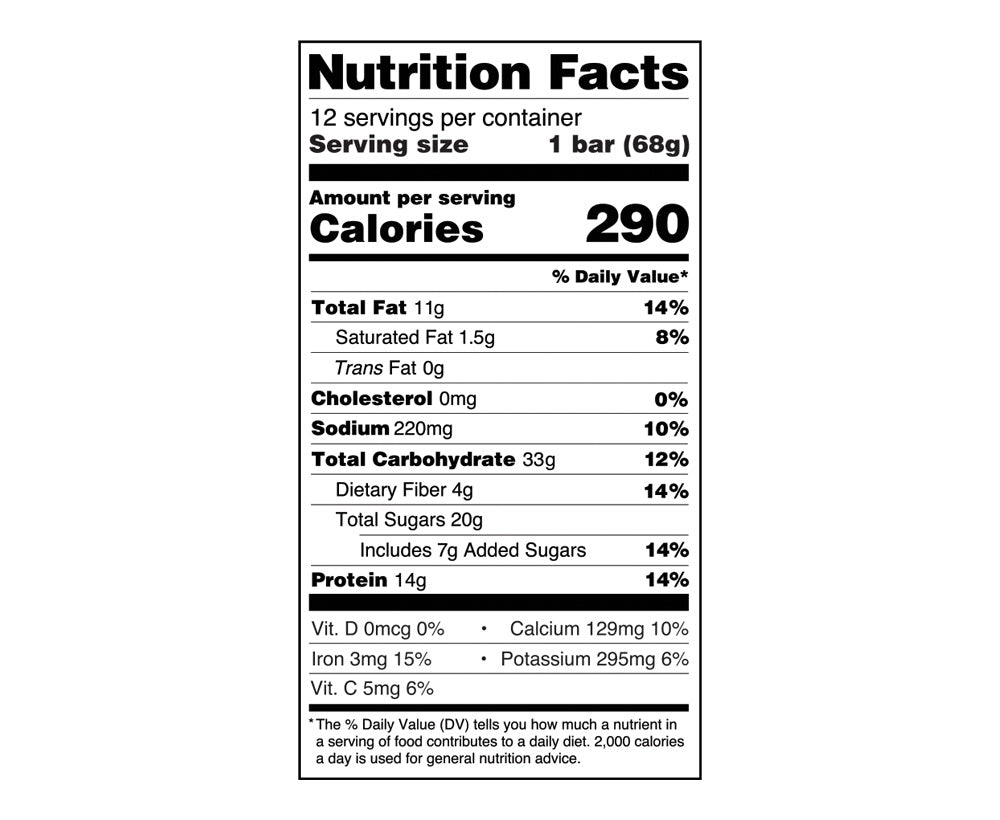
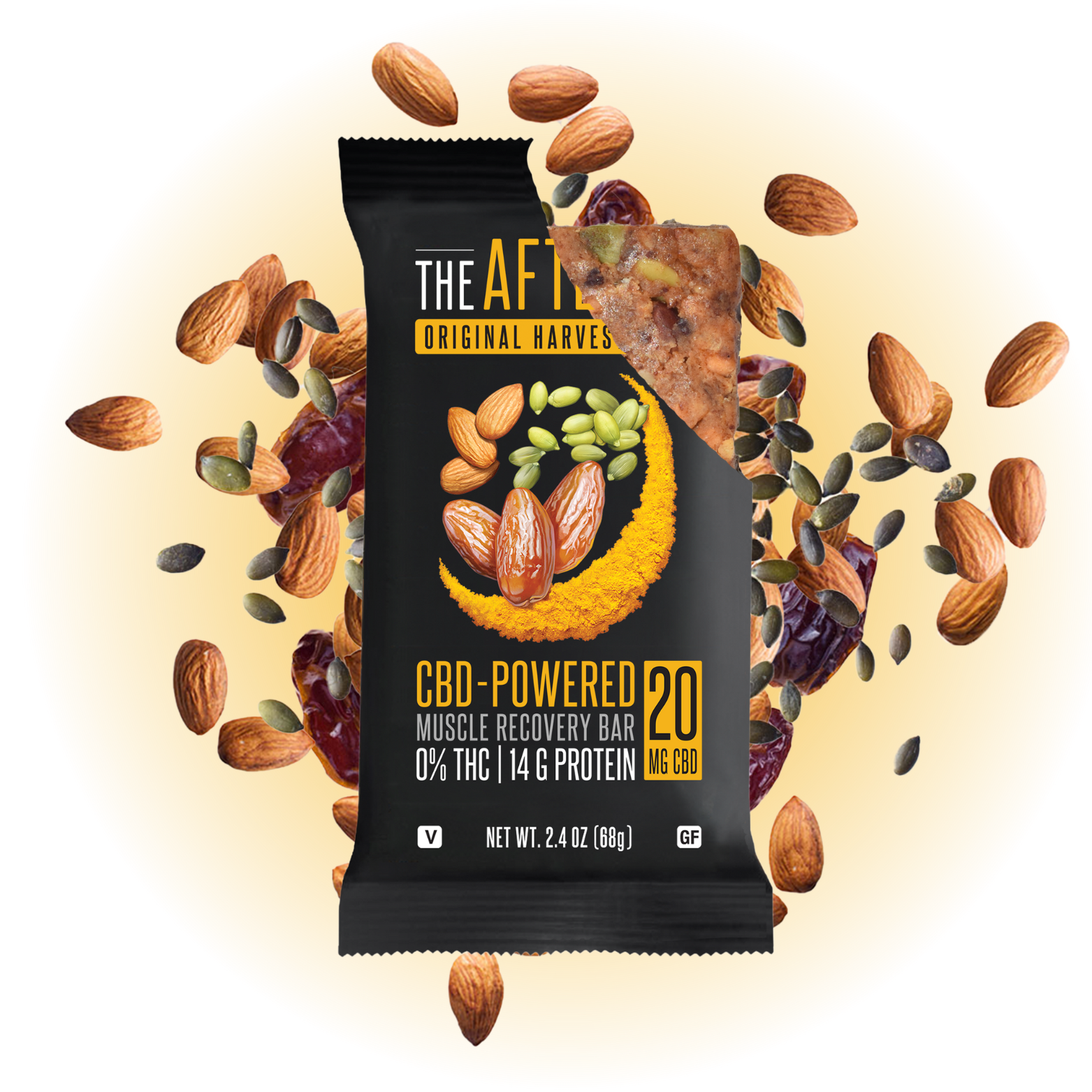
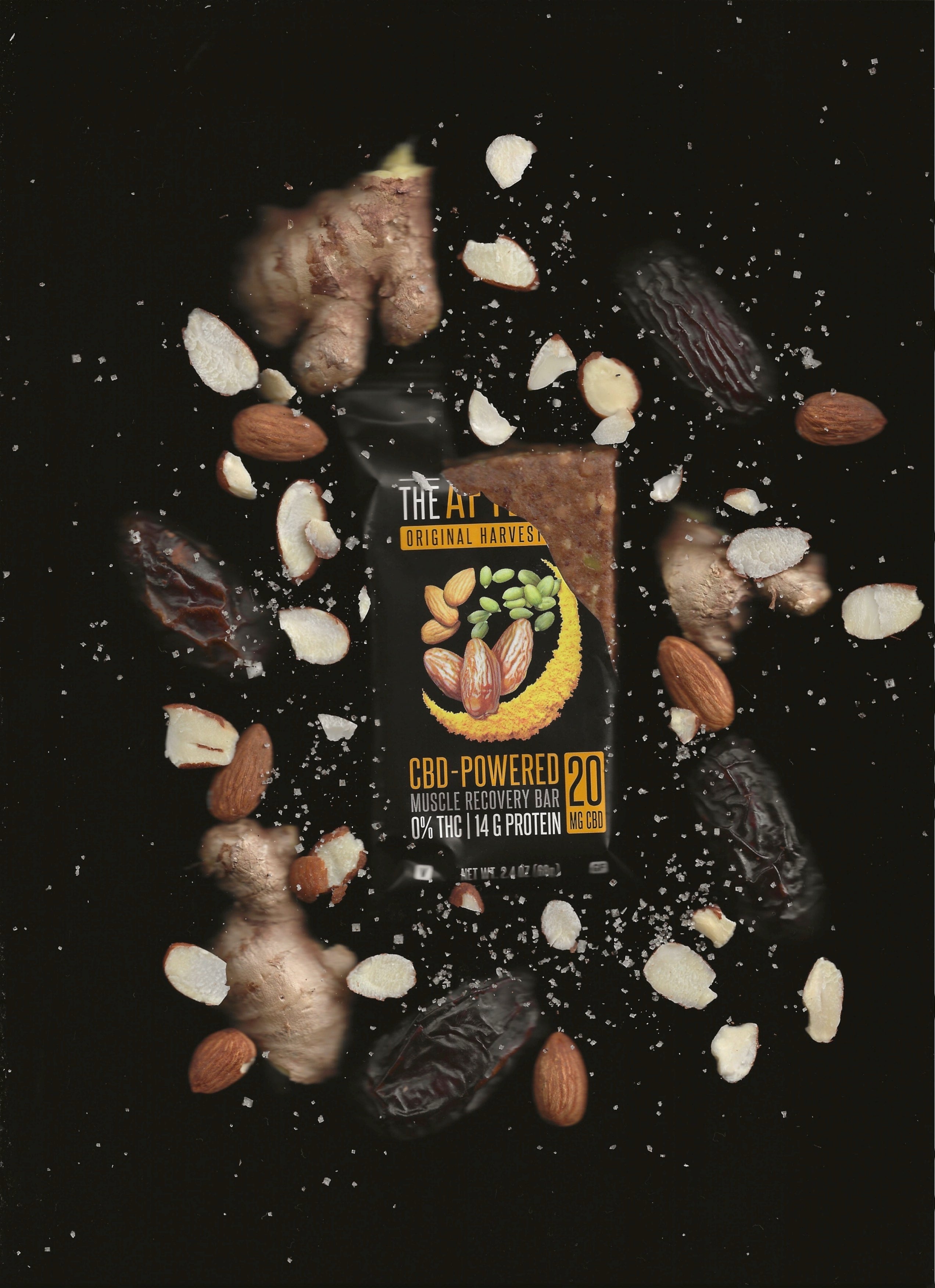
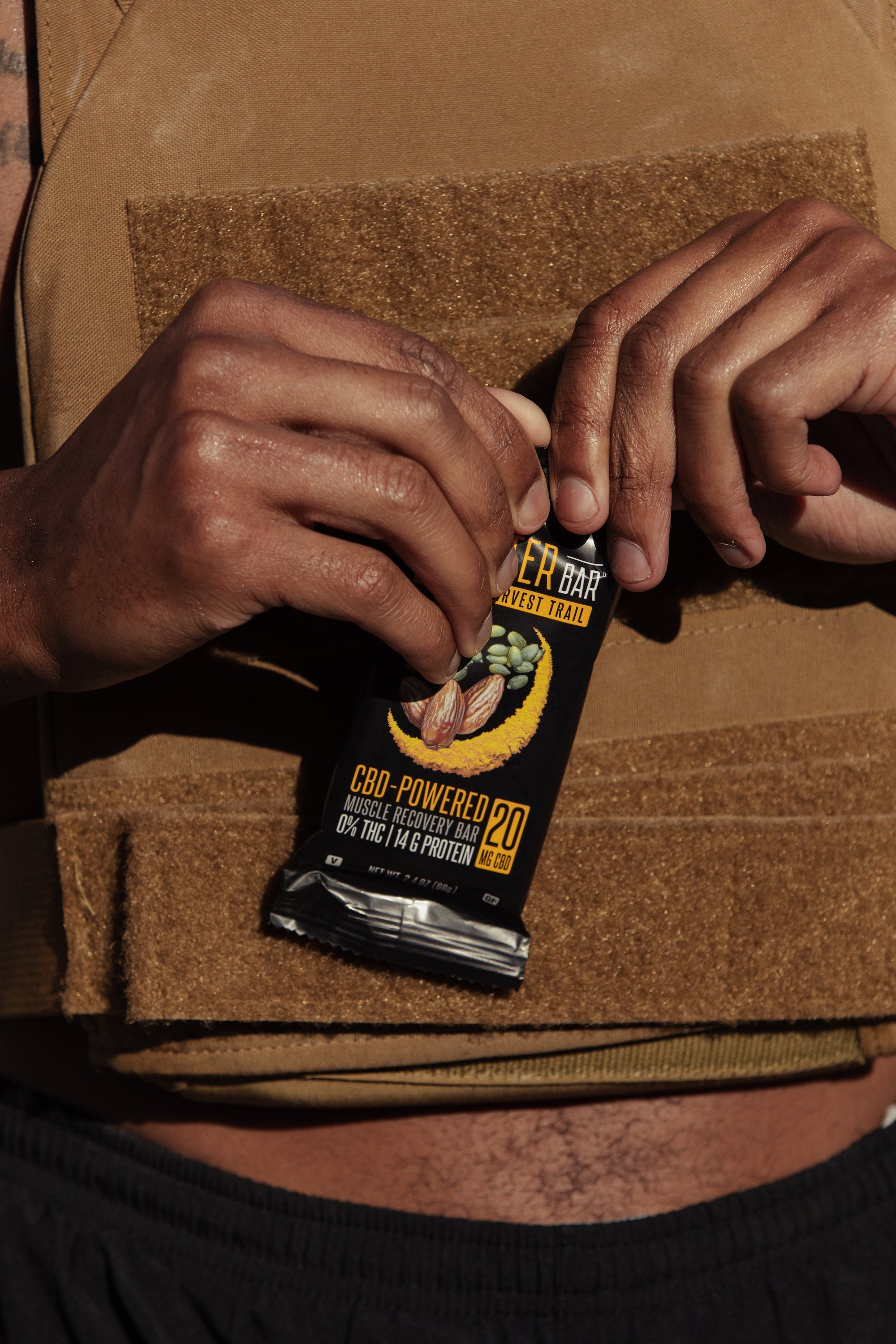
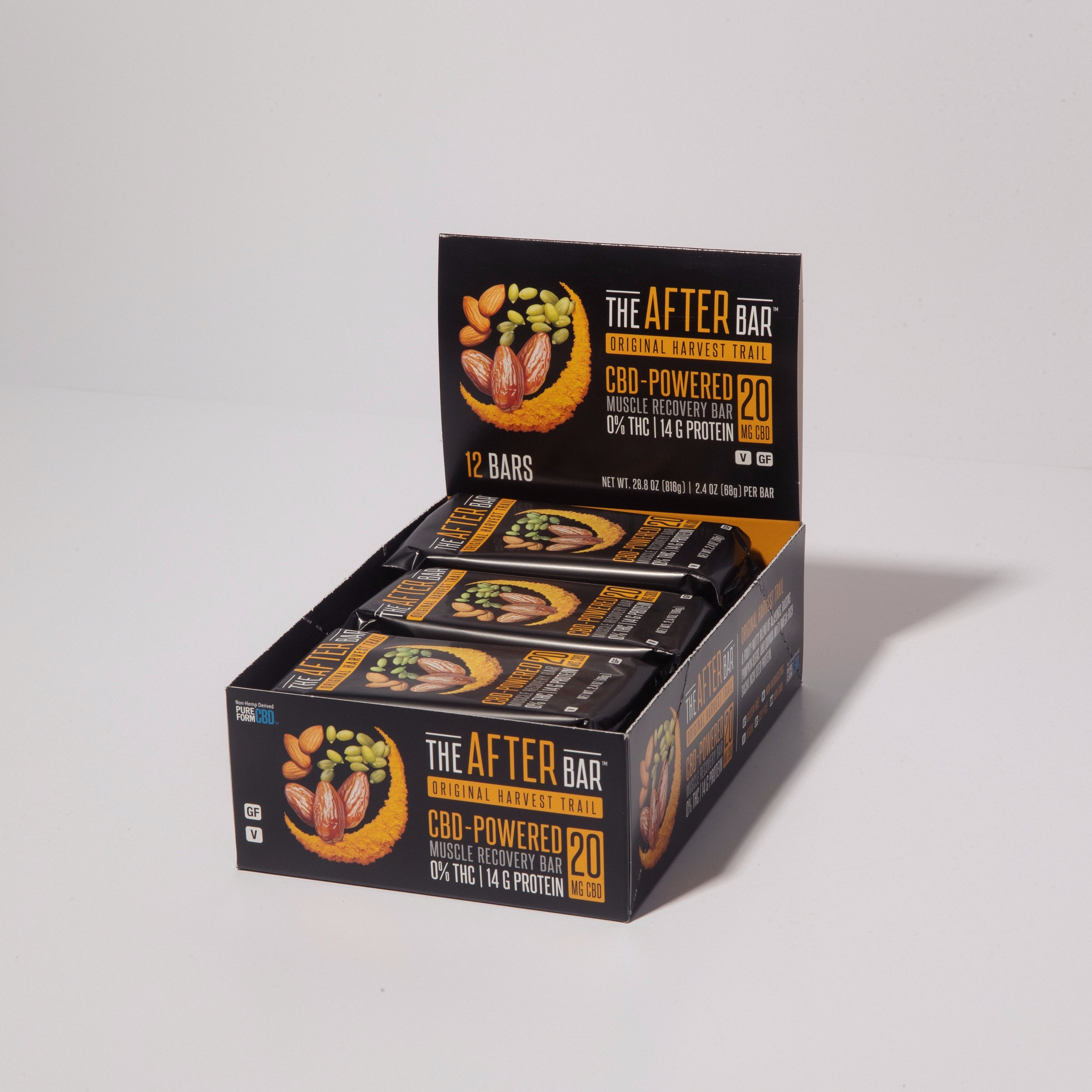
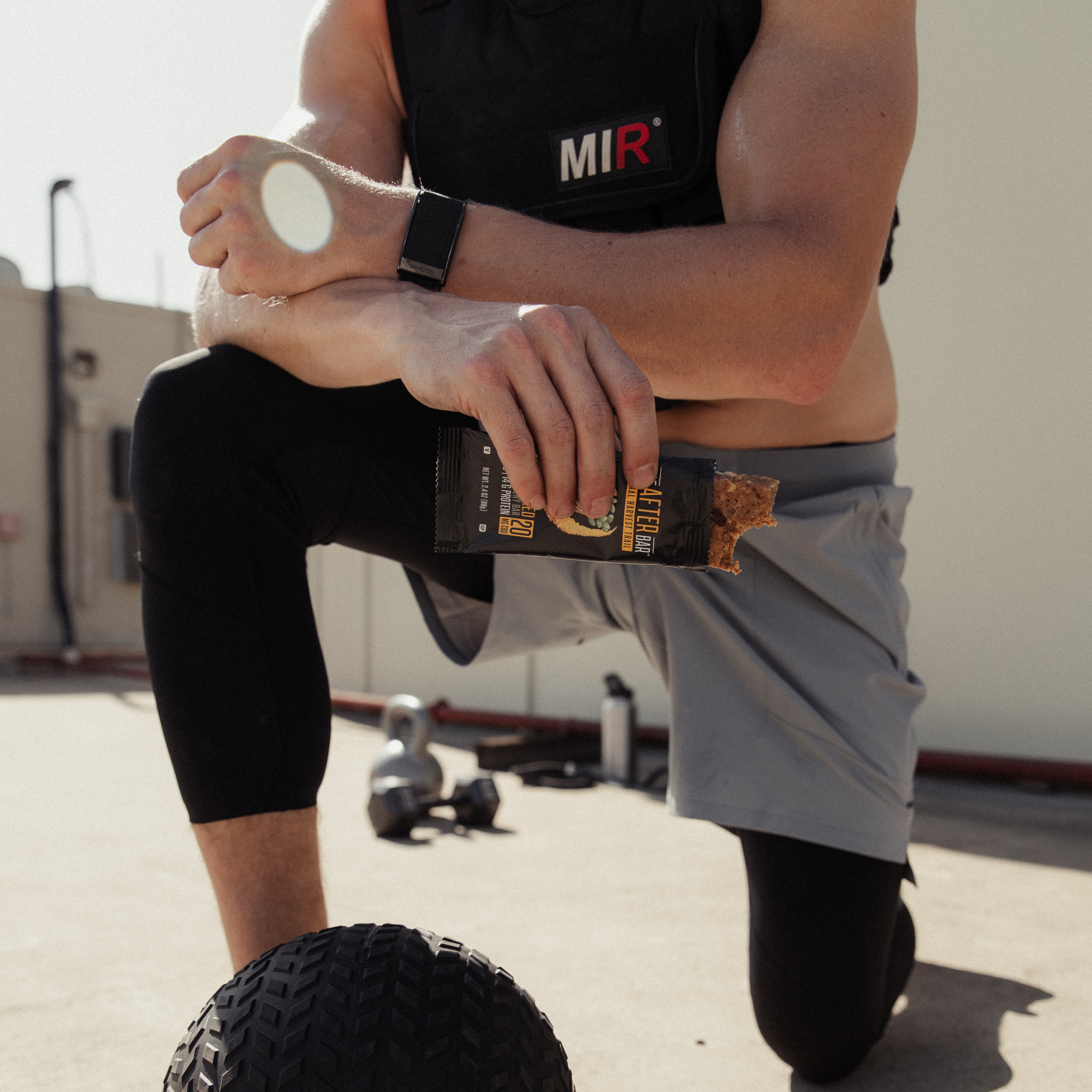
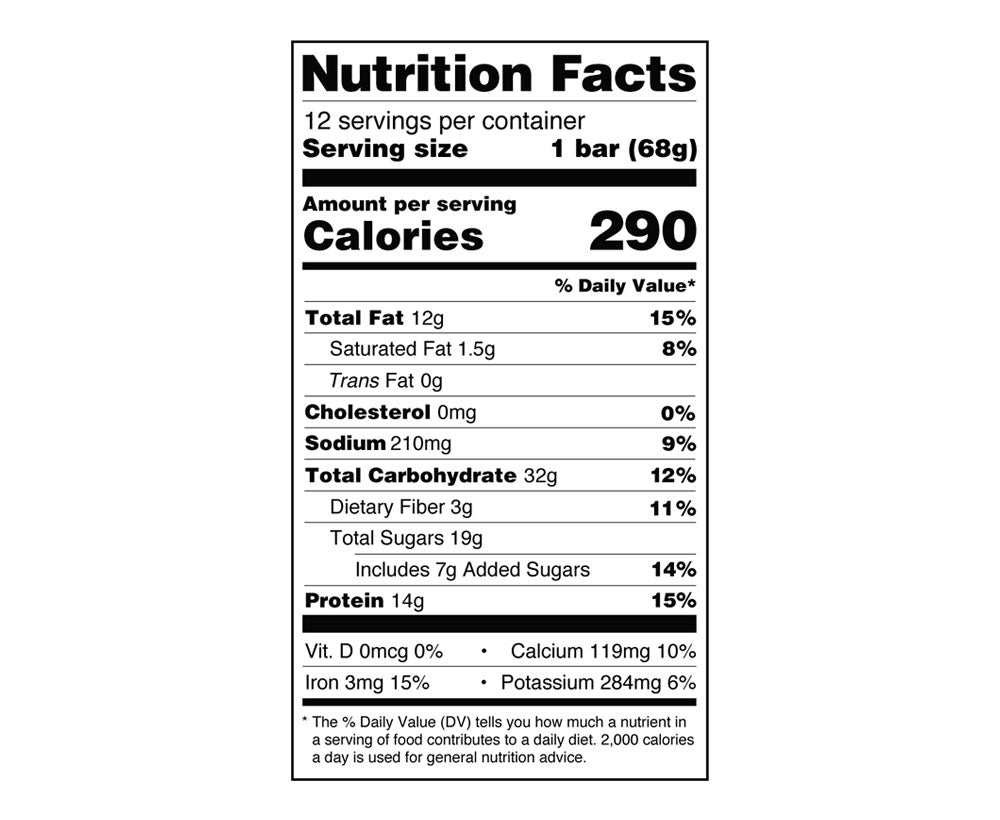
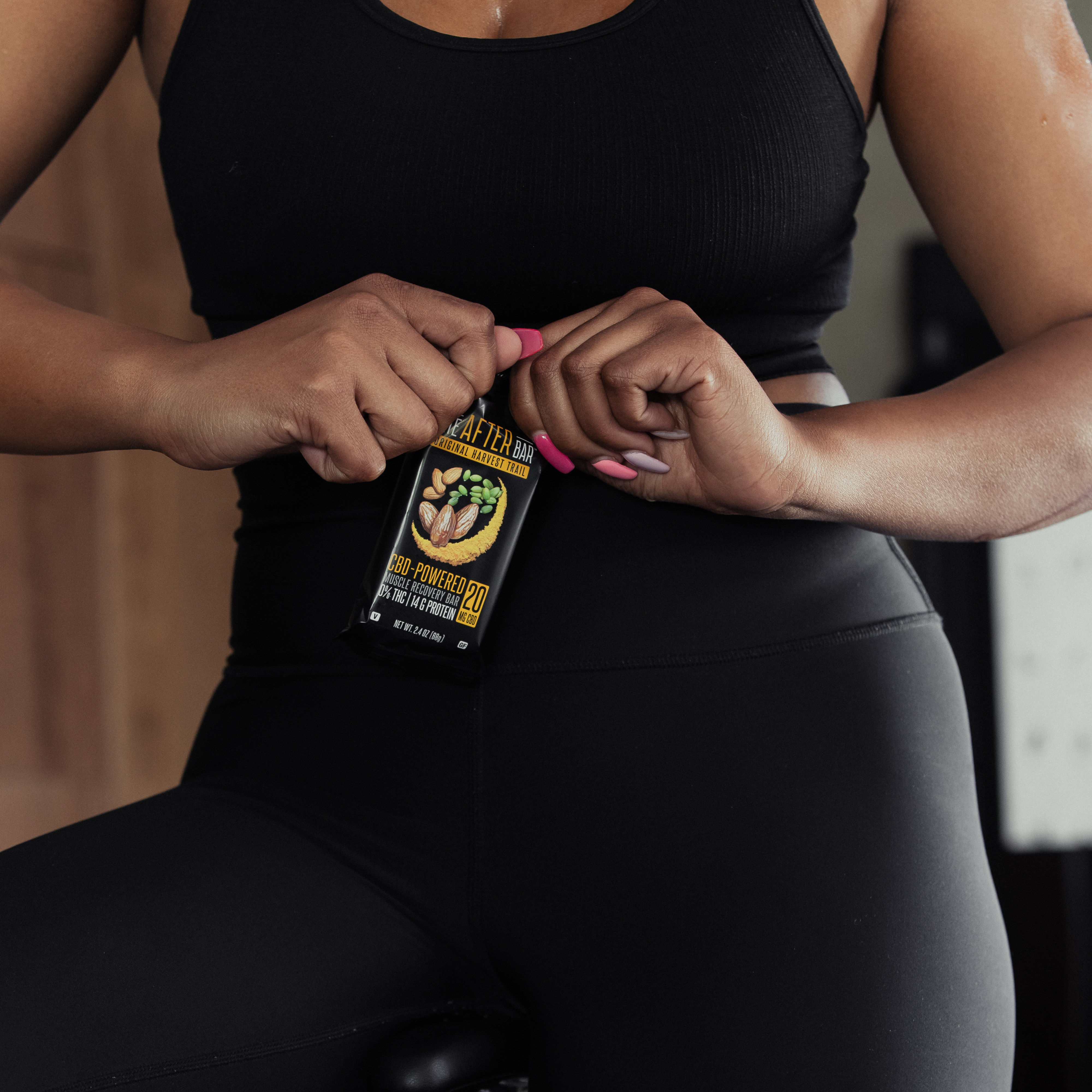
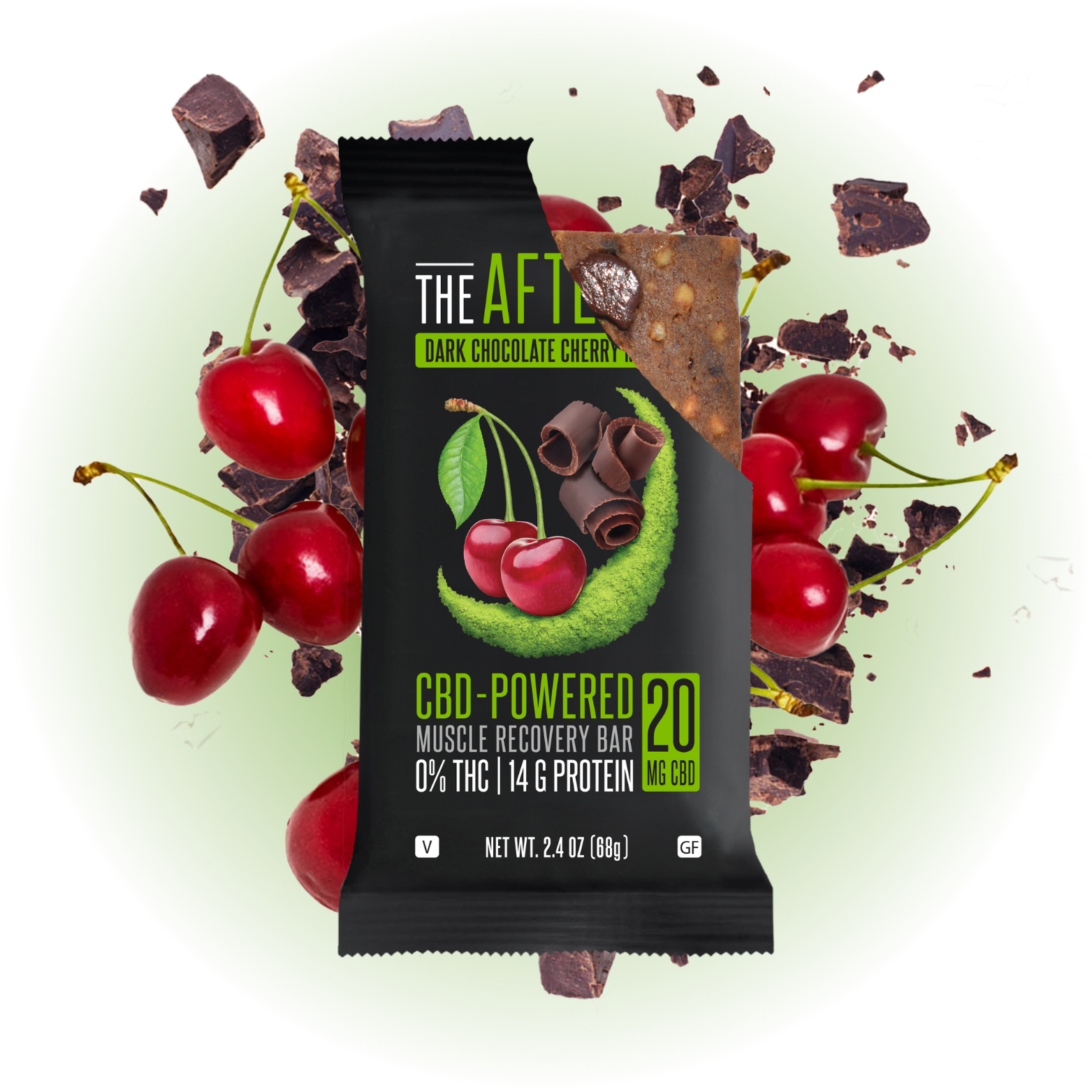
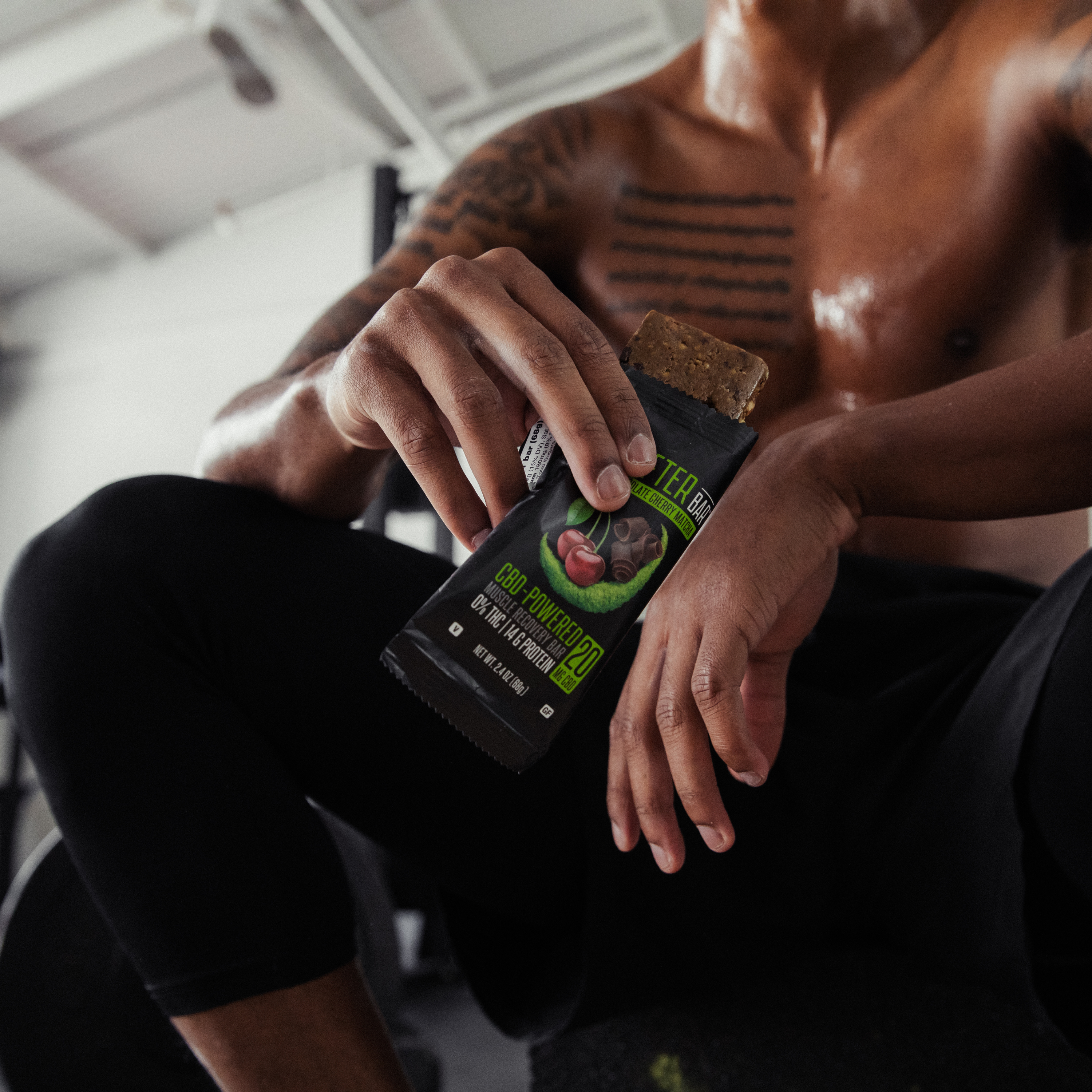
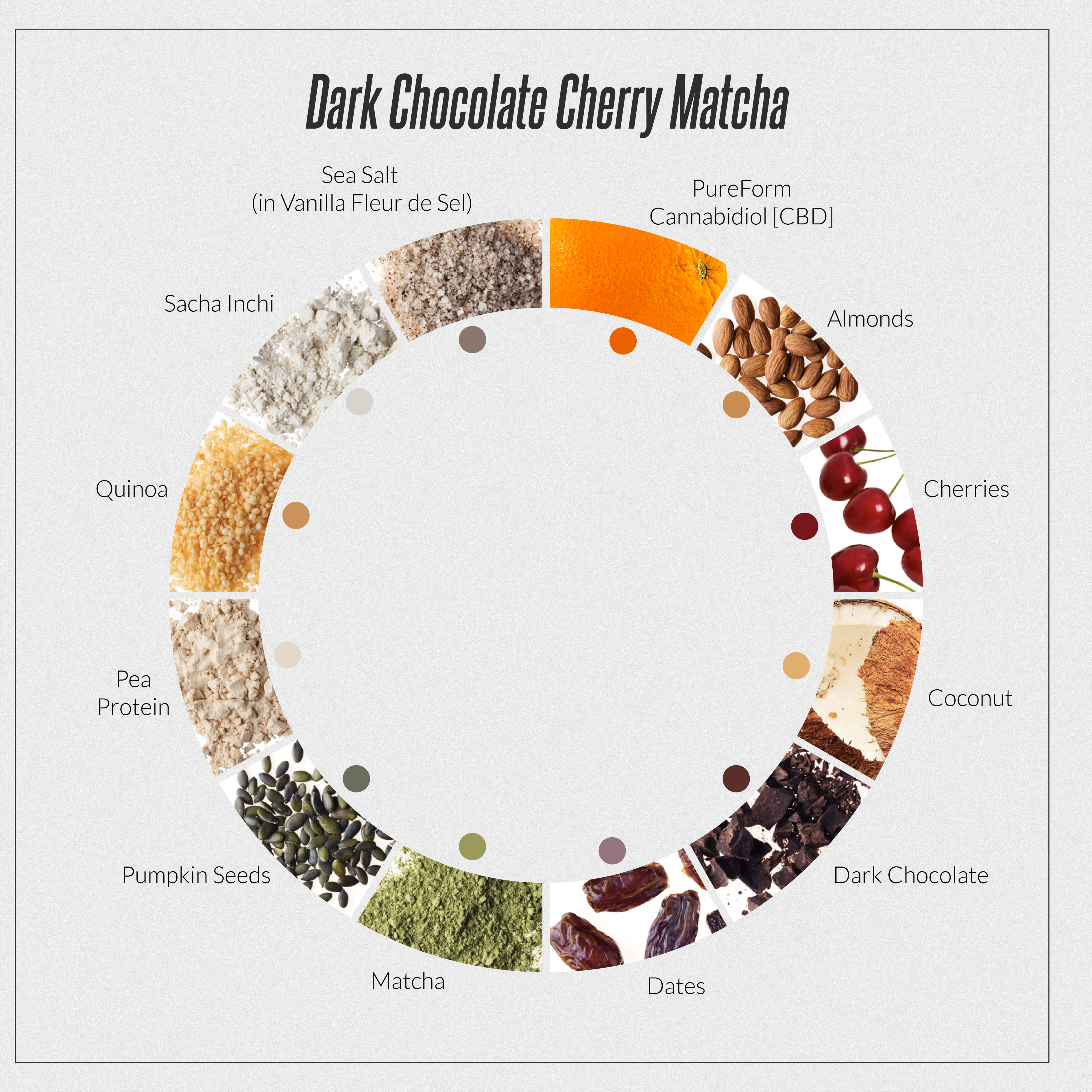
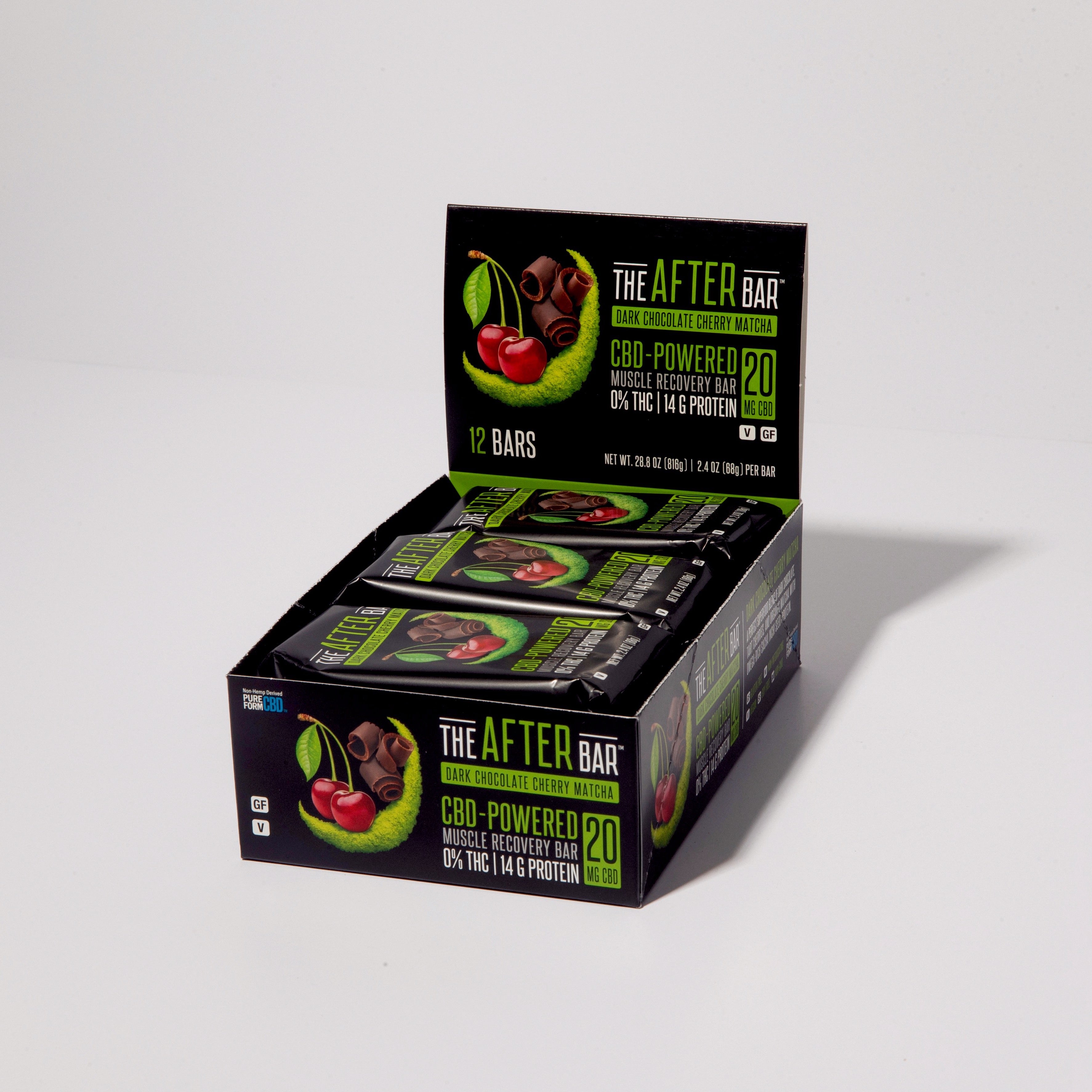
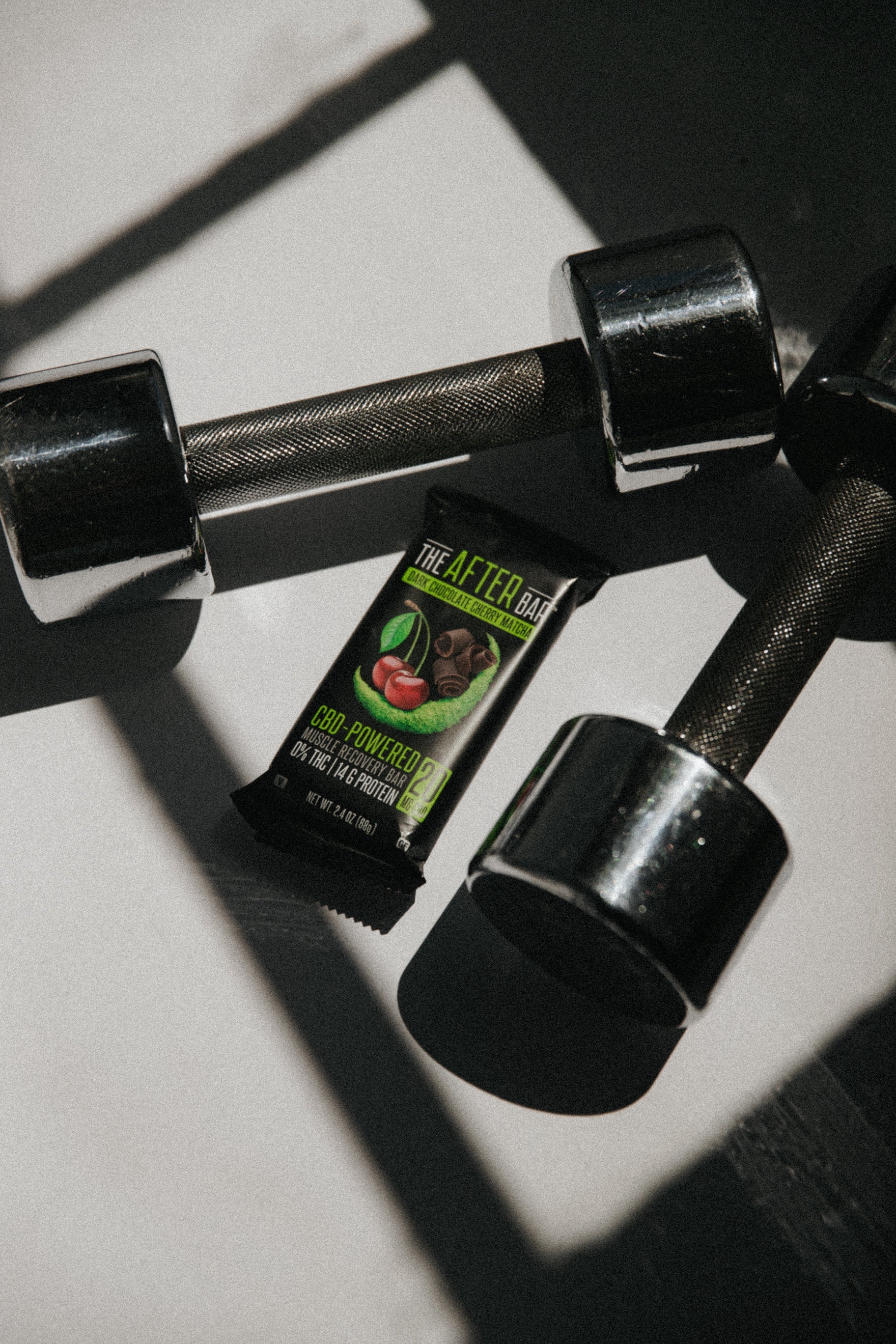
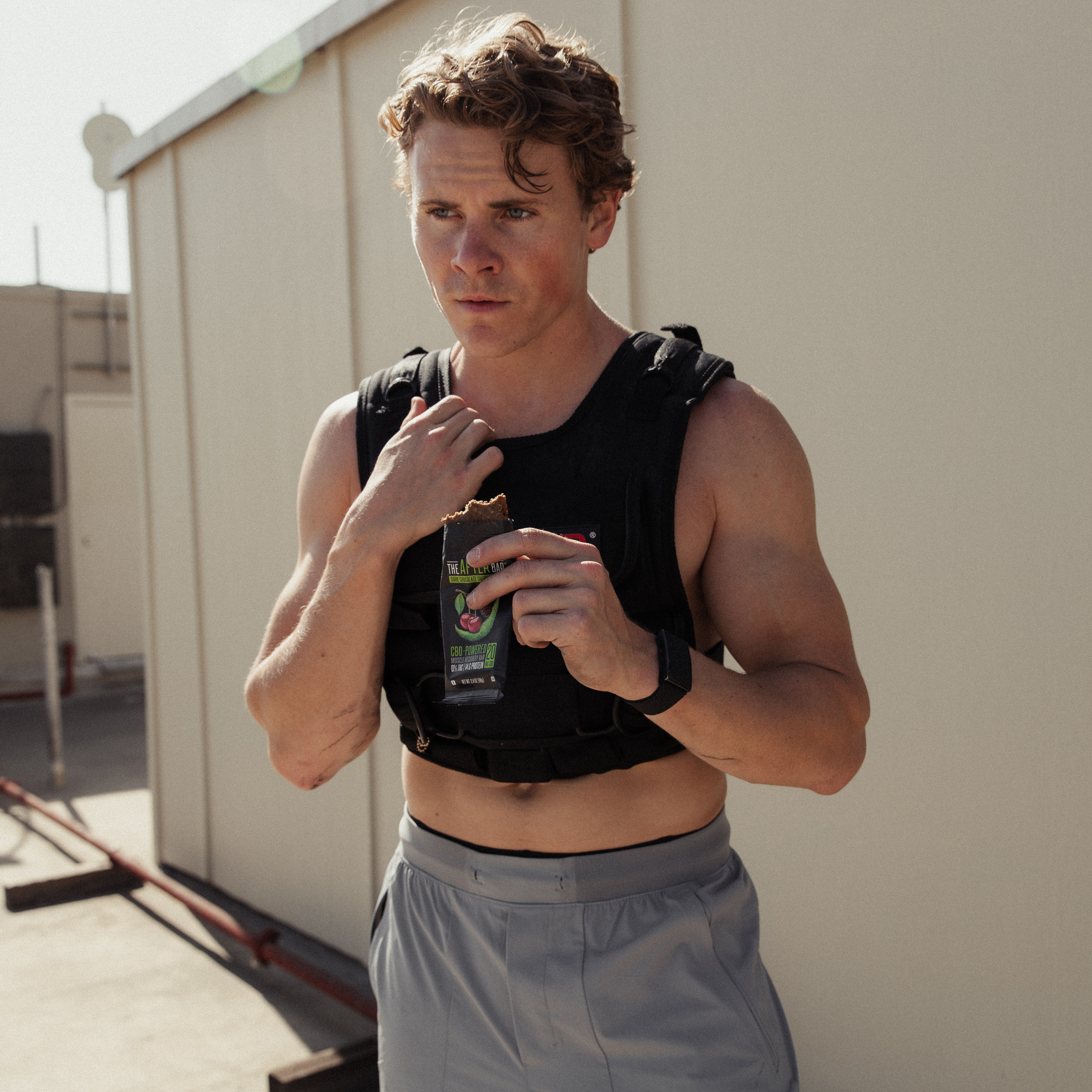
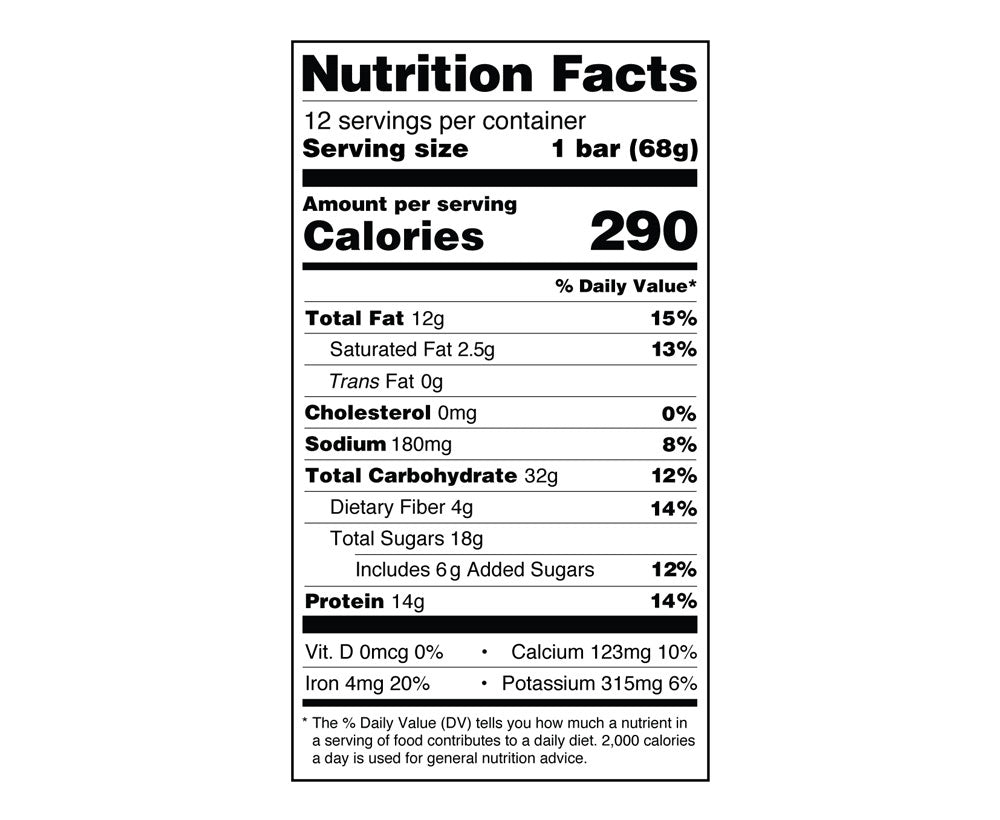
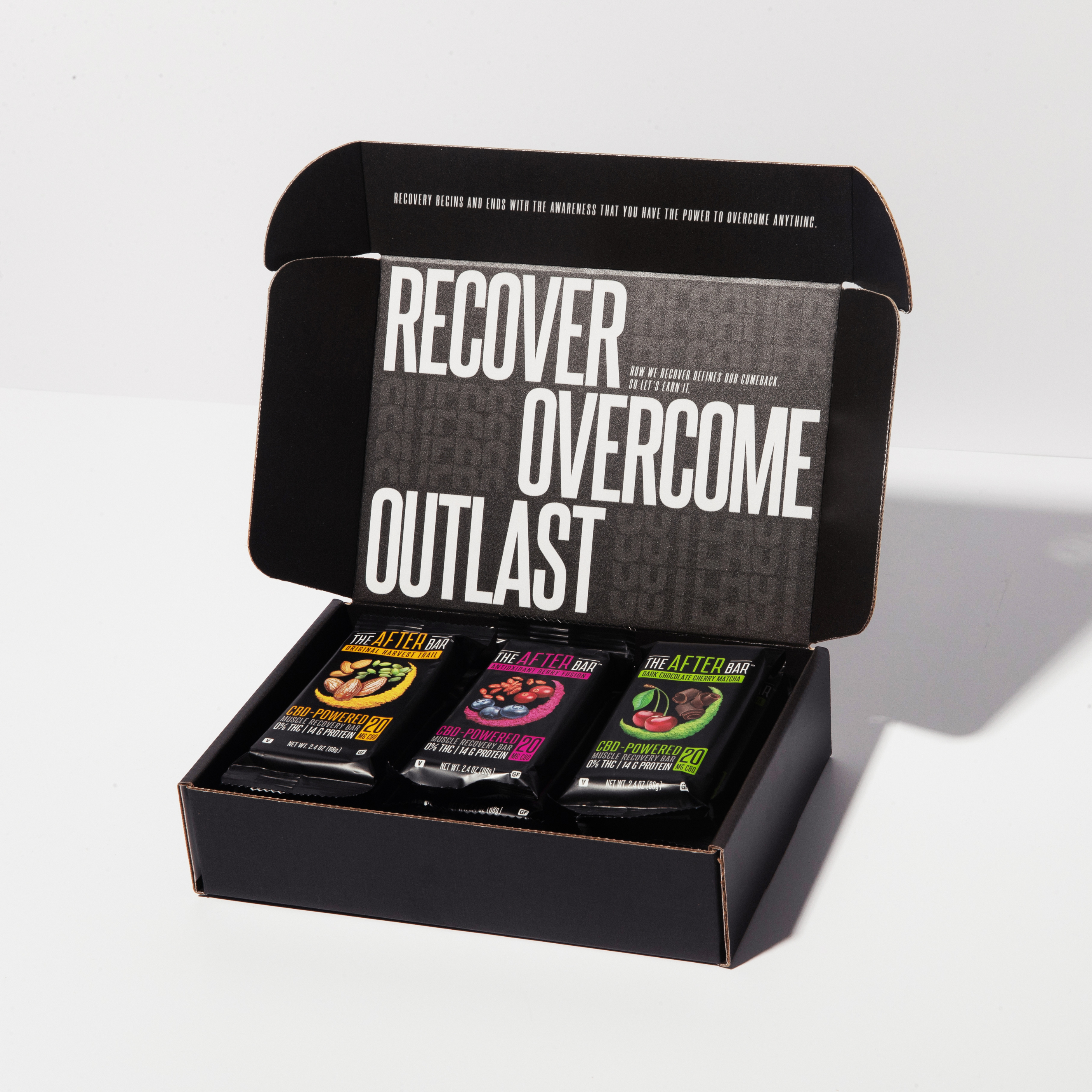
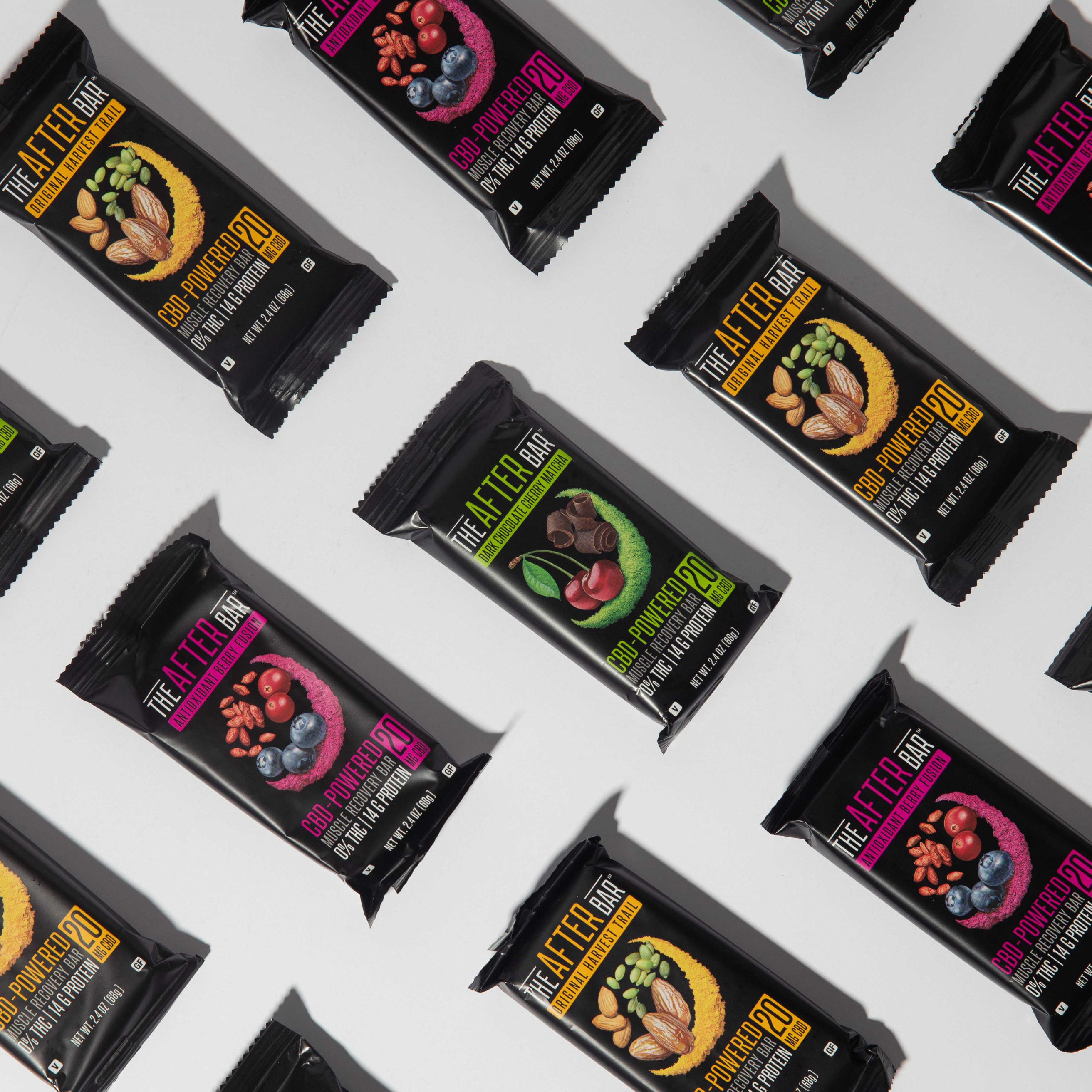
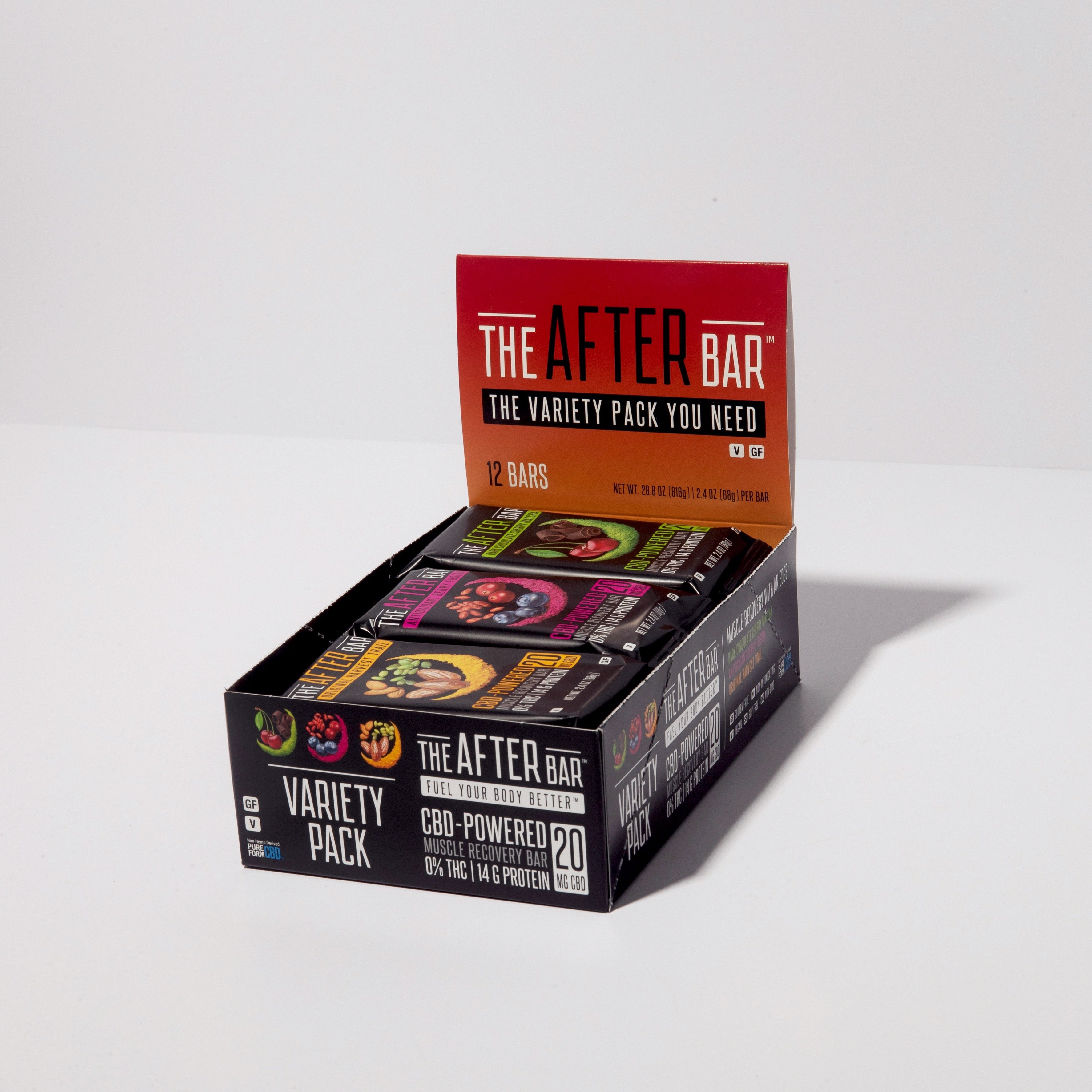
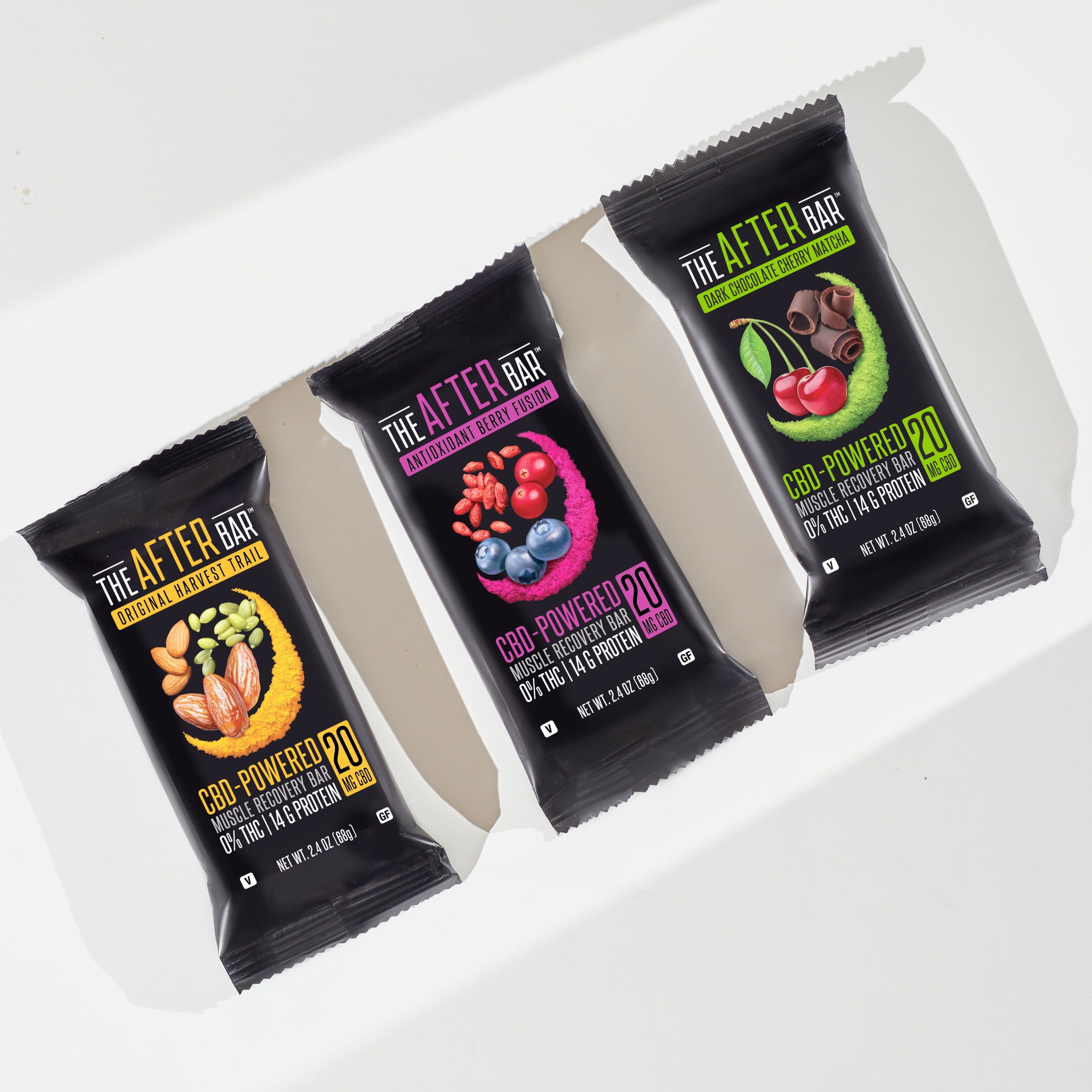
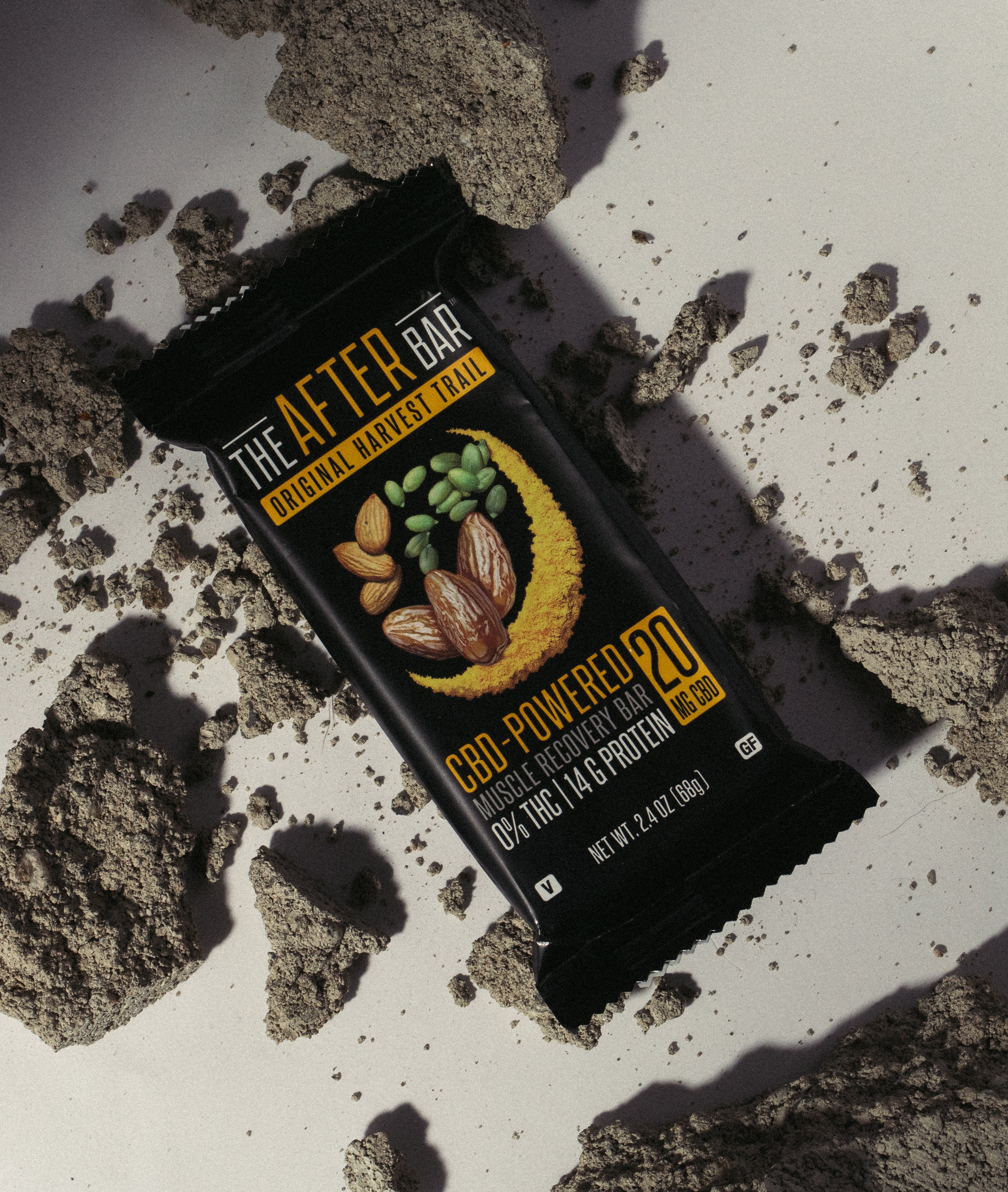
Leave a comment